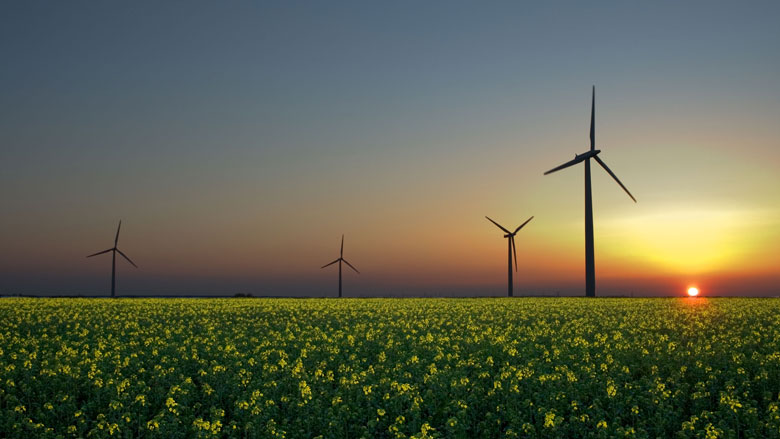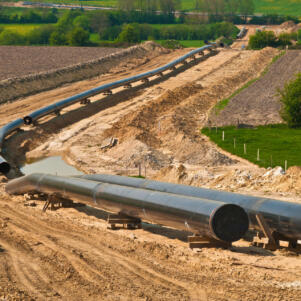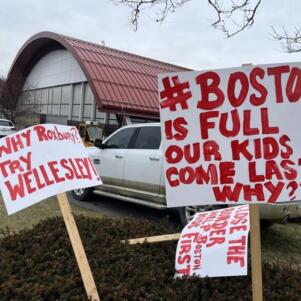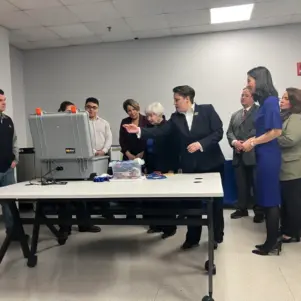The ‘Clean Power’ power grab
By Glen A. Sproviero | June 6, 2016, 10:49 EDT
 (Courtesy of Wikipedia)
(Courtesy of Wikipedia) Despite the Obama administration’s insistence that its climate change policy accounts for jobs and economic growth, the president’s actions, once again, belie his lofty rhetoric.
In a new study published by the Manhattan Institute, economist and environmental expert Oren Cass concludes that “President Obama’s climate agenda represents an enormous tax increase on low – and middle – income Americans, nearly tripling the federal tax burden on the poorest households.”
According to Cass, the administration’s Clean Power Plan (“CPP”) proposes a staggering $10.25 per-barrel tax on oil, which is roughly the equivalent of a $25-$30-per-ton carbon tax. Given the economics of oil and energy consumption, this tax hits those who can afford it least the hardest. It would, says Cass, increase the per gallon cost of gasoline by more than 25 cents, which in an era of anemic economic growth, is a crippling burden.
[T]he administration’s attempt to increase energy prices is exceedingly regressive and demonstrates the president’s willingness to sacrifice the well-being of low-and-middle income earners to the demands of “clean energy” ideologues.
Moreover, the study shows that the lowest-income earners spend more than 35 percent of their annual income on energy, while the top ten percent of earners spend less than 3 percent of their income on such expenditures. Those in rural areas fare worse: the average farm household spends more than 40 percent more on electric and gas, while earning 26 percent less, than families in large cities.
For earners in the lowest 20 percent, the CPP will add a $19 billion tax burden, which amounts to a 166 percent per-family hike, while earners in the next highest 20 percent will see an increase of about 33 percent.
In the face of these numbers, the administration’s attempt to increase energy prices is exceedingly regressive and demonstrates the president’s willingness to sacrifice the well-being of low-and-middle income earners to the demands of “clean energy” ideologues.
Celebrities and politicians are quick to tell the rest of us how to live, but do little to reduce their own fossil fuel consumption.
Cass explains that policies like the carbon tax are exceedingly unpopular with policymakers because they disproportionately target working class and rural families. Following his re-election victory in 2012, even the president’s then-press secretary, Jay Carney, denied that the administration had any intention of proposing a carbon tax. But the president’s environmental agenda is little more than a carbon tax parading under a different name.
Ultimately, the CPP is engineered to force utility companies to employ carbon-friendly, higher-cost electricity sources, the costs of which are passed along to the consumer. The CPP has all of the effects and characteristics of a carbon tax. To consumers already struggling with ever-increasing energy prices, and mired in macroeconomic purgatory, it is a bad policy that punishes lower-and-middle income earners while leaving top-earners relatively unscathed.
Moreover, while cutting carbon emissions is fundamental to crafting a sound environmental policy, hard working Americans cannot bear the burden alone. In fact, cutting carbon emissions without international cooperation from China, India, and other large-scale industrial polluters will do little to curb the global effects of carbon pollution.
Adding to the problem is the optics of an environmental establishment with representatives racing around on private jets to chastise everyone else about their carbon footprints. Celebrities and politicians are quick to tell the rest of us how to live, but do little to reduce their own fossil fuel consumption. Their desire to lead the popular cause du jour with cheap slogans, black-tie fundraisers, and sentiment-stirring ad campaigns eclipses the real need to engage in responsible environmentalism and to tailor a workable environmental policy at both the national and international level. Speeches at Cannes and dinners at the Pierre do little to address the issue.
[W]hile responsible citizenship necessarily includes environmental conservation and the careful consideration of any adverse impact our actions have on the natural world, we need not succumb to the alarmist cries of the climate-change lobby.
In addition, climatologists remain divided as to the human causes of climate change. Nevertheless, the CPP is predicated on the conclusion that climate change is the direct result of human carbon emissions, but with much of the scientific community reserving judgment on this issue, the substantial economic factors involved cannot be discounted.
For while responsible citizenship necessarily includes environmental conservation and the careful consideration of any adverse impact our actions have on the natural world, we need not succumb to the alarmist cries of the climate-change lobby. A prudent approach should replace the current pop-culture hysteria. We need not board the spaceship for a colony on Mars just yet, but we cannot ignore this increasingly important issue.
Moreover, the CPP is yet another attempt by the administration to concentrate policy making decisions in the hands of unelected Washington bureaucrats. The CPP would trample the rights of states to regulate their own energy and emissions policies by handing such power to the Environmental Protection Agency.
As Harvard Law School’s Lawrence Tribe (a noted liberal) noted with respect to the CPP, “burning the Constitution should not become part of our national energy policy.” The Supreme Court agreed, and in a remarkably rare decision, issued an injunction allowing states to ignore the CPP pending the final resolution of a lawsuit challenging its propriety.
Clean energy policies and a concern for the environment are inextricably linked to responsible living; however, Americans should not be forced to sacrifice their economic well-being to a Washington establishment that is only interested in perpetuating its own power and stroking its own ego while using the environment as its newest prop.
No matter how it is spun, the CPP is bad policy and should be abandoned in favor of more workable policies.

Glen Sproviero
Glen A. Sproviero is a commercial litigator in New York. Read his previous columns here.











